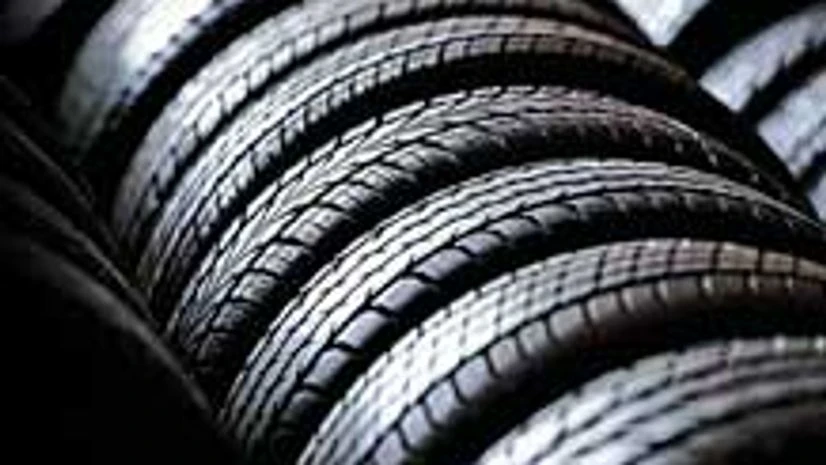The Malaysian Rubber Board (MRB) has started promoting chemically induced natural rubber to Indian tyre manufacturers. According to sources, Apollo Tyres has already shown interest in this kind of rubber and MRB has been approaching other rubber companies here.
When contacted, however, Apollo Tyres did not confirm this. An Apollo Tyres spokesperson said: “We keep evaluating different kinds of rubber for different purposes, but that does not guarantee any procurement.”
Chemically modified natural rubber tyres cost more than natural rubber tyres, but the strength is better.
Apollo Tyres imports 50 per cent of its natural rubber requirements from western Asian countries.
India’s rubber production in FY14 was about 846,000 tonnes, compared to 913,700 tonnes in FY13. Rubber imports have gone up by 50 per cent in FY14 to 325,190 tonnes, according to the Rubber Board of India.
MRB is also looking at other Indian tyre companies to promote the chemically modified rubber. However, it has not received any favourable response so far, sources said. When contacted, the Board said some Indian companies are testing the product. MRB, however, declined to divulge more details.
“We hope to collaborate with India. Malaysia and India are similar as we have production as well as consumption, but Indian consumption of rubber is a lot higher because of the population,” said Datuk Salmiah Ahmad, director-general, Malaysian Rubber Board.
The northern region of Malaysia, a major rubber-producing area, is being turned into a rubber city so that companies can come and set up plants there. The government there is trying to formulate incentives for companies to open their plant in that area.
When contacted, however, Apollo Tyres did not confirm this. An Apollo Tyres spokesperson said: “We keep evaluating different kinds of rubber for different purposes, but that does not guarantee any procurement.”
Chemically modified natural rubber tyres cost more than natural rubber tyres, but the strength is better.
Apollo Tyres imports 50 per cent of its natural rubber requirements from western Asian countries.
India’s rubber production in FY14 was about 846,000 tonnes, compared to 913,700 tonnes in FY13. Rubber imports have gone up by 50 per cent in FY14 to 325,190 tonnes, according to the Rubber Board of India.
MRB is also looking at other Indian tyre companies to promote the chemically modified rubber. However, it has not received any favourable response so far, sources said. When contacted, the Board said some Indian companies are testing the product. MRB, however, declined to divulge more details.
“We hope to collaborate with India. Malaysia and India are similar as we have production as well as consumption, but Indian consumption of rubber is a lot higher because of the population,” said Datuk Salmiah Ahmad, director-general, Malaysian Rubber Board.
The northern region of Malaysia, a major rubber-producing area, is being turned into a rubber city so that companies can come and set up plants there. The government there is trying to formulate incentives for companies to open their plant in that area.

)
